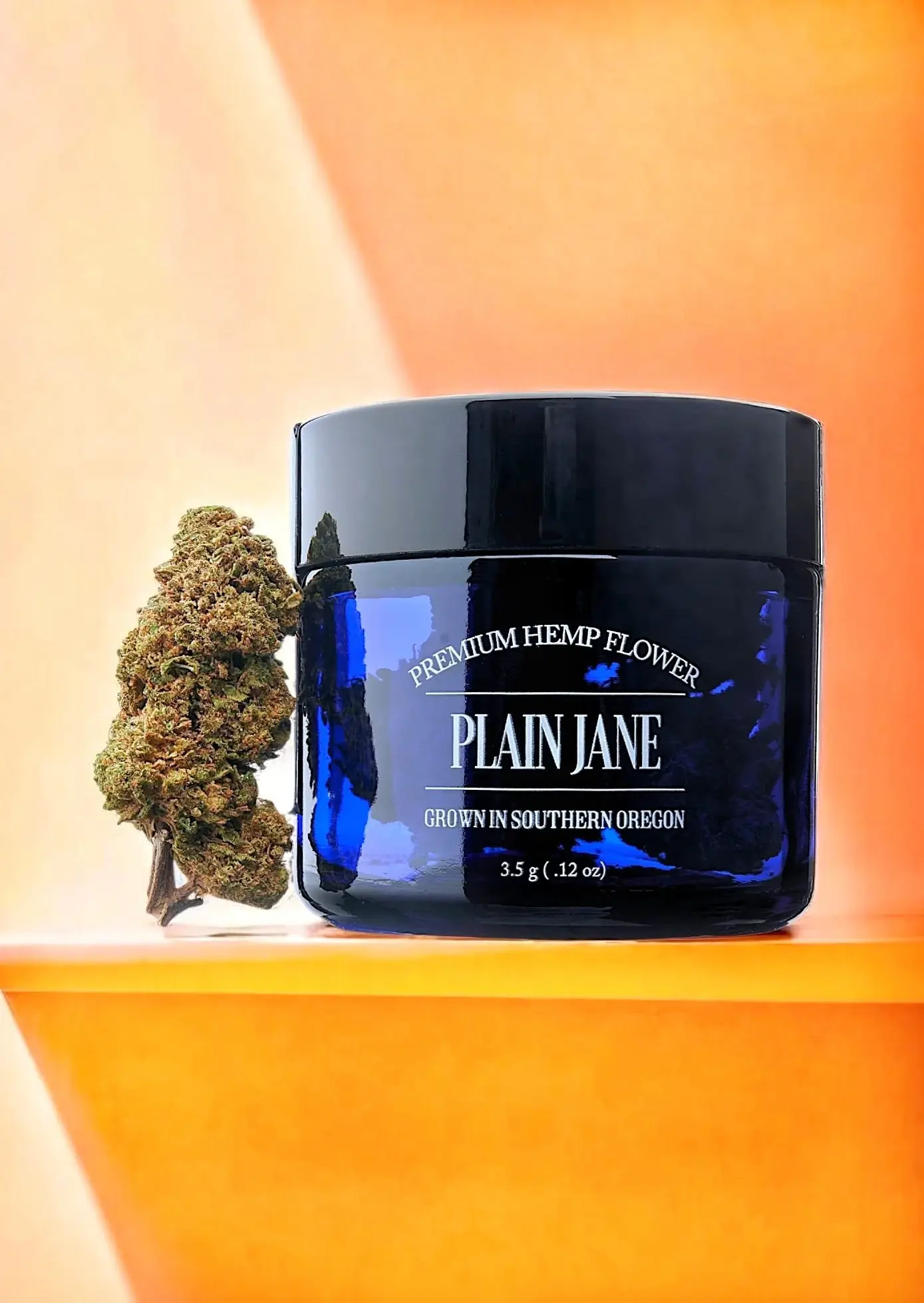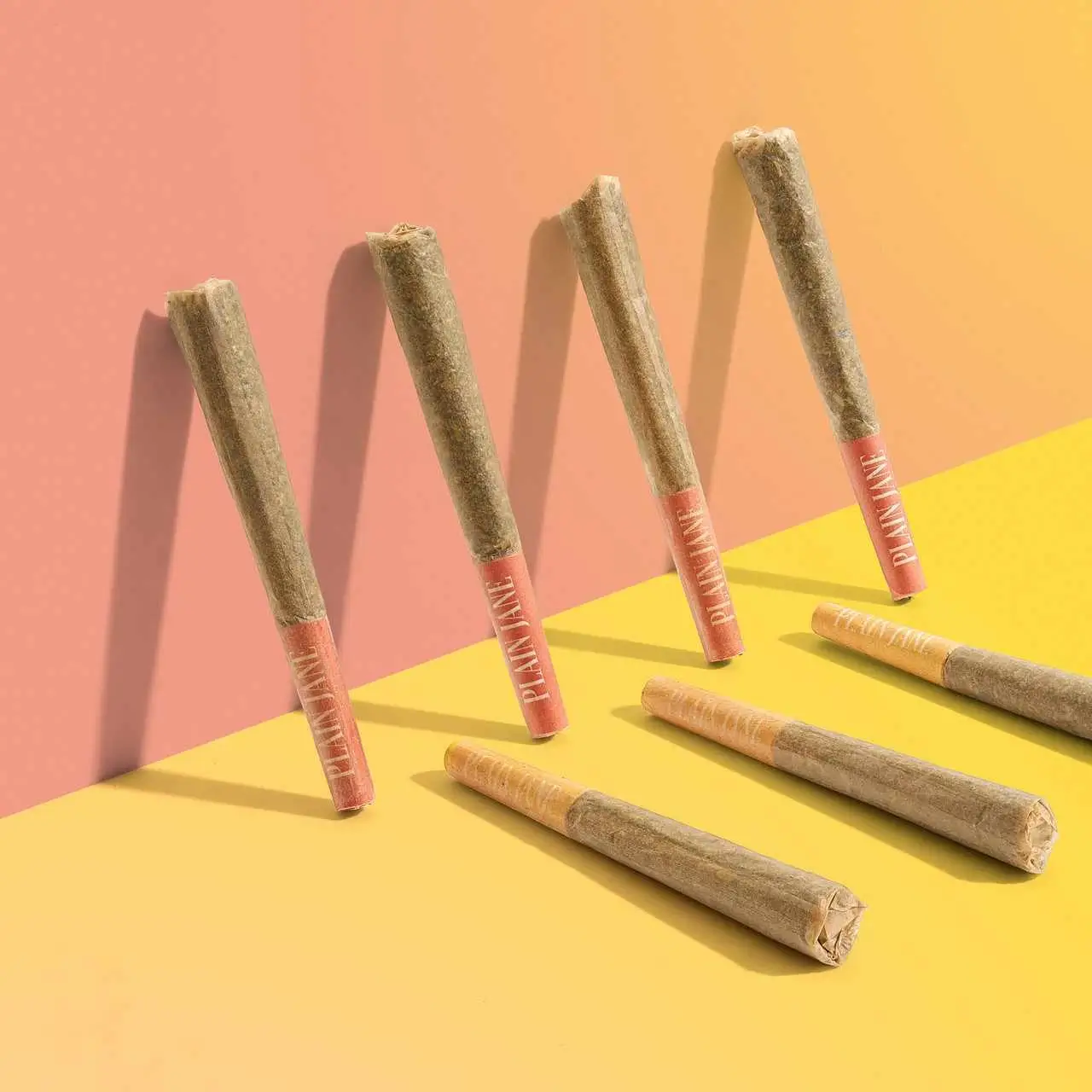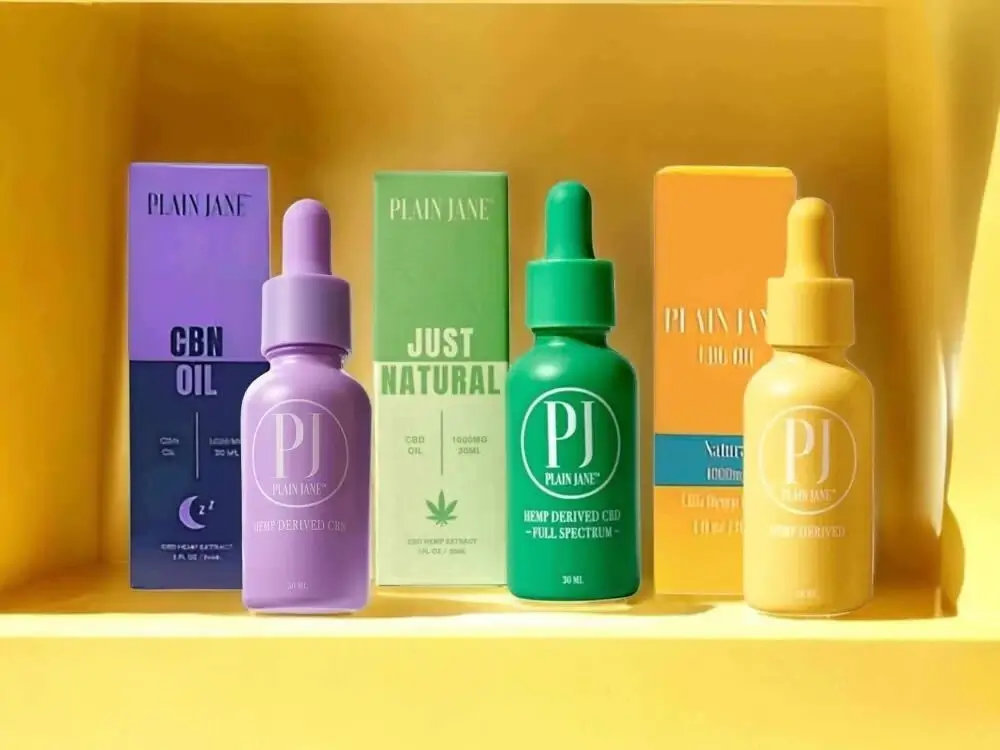With a heated presidential election topping headlines, it is easy to forget about the ballot measures like cannabis legalization that voters are also deciding. There are now a total of fifteen states where cannabis is recreationally legal. Altogether, only 12 states continue to prohibit cannabis, with the majority of US states offering cannabis legalization for medical purposes at a minimum. Whether your state went blue or red, the question we want to know is if it went green! You can view each state's hemp laws by clicking on the link in the state's name below.
Table of Contents
Where is Recreational Cannabis Legalized?

- Alaska
- Arizona*
- California
- Colorado
- Illinois
- Maine
- Massachusetts
- Michigan
- Montana*
- Nevada
- New Jersey*
- Oregon
- South Dakota*
- Vermont
- Washington
Where is Medical Marijuana Legal?

- Arkansas
- Connecticut
- Delaware
- Florida
- Georgia
- Hawaii
- Iowa
- Louisiana
- Maryland
- Minnesota
- Mississippi*
- Missouri
- New Hampshire
- New Mexico
- New York
- North Dakota
- Ohio
- Oklahoma
- Pennsylvania
- Rhode Island
- Utah
- Virginia
- Washington
- West Virginia
Where is Cannabis Illegal?
- Alabama
- Idaho
- Indiana
- Kansas
- Kentucky
- Nebraska
- North Carolina
- South Carolina
- Tennessee
- Texas
- Wisconsin
- Wyoming
Which States Legalized Cannabis in the 2020 Election?
Cannabis legalization worldwide and in the US is growing. In the 2020 election, five new states voted to approve legalization measures. The nation still faces challenges in cannabis banking. The industry is hopeful that changes in congress will help resolve cannabis banking issues. For now, there is still much celebration with four more states approving recreational marijuana and one new state approving medical marijuana legalization.
New Jersey Cannabis Legalization
Recreational cannabis use was approved by New Jersey voters. Their legislature must now establish rules and processes to regulate recreational cannabis sales and production. The law legalizing recreational cannabis in New Jersey will take effect 1/1/2021.
Montana Cannabis Legalization
Montana voters approved an amendment to their state constitution which will allow adults age 21 and older to use recreational cannabis. Recreational cannabis sales are planned to start in January 2022, but it will be legal for Montana residents to use and grow cannabis starting as soon as 1/1/2021!
South Dakota Cannabis Legalization
Traditionally, South Dakota is seen as a conservative state, but it goes to show that cannabis legalization is truly a bi-partisan issue. Everyone loves weed after all! Voters approved the legalization of both medical and recreational cannabis through an amendment to their state constitution. Starting 1/1/2021 South Dakota residents will be allowed to possess, consume, and grow up to three cannabis plants. Medical cannabis sales are set to begin 6/1/2021, and the state must develop its rules and regulations for cannabis sales and cultivation by 4/1/2022.
Arizona Cannabis Legalization
Arizona voters approved the legalization of recreational cannabis which originally failed to pass in 2016. It is suspected that retail cannabis sales will begin by 4/5/2021, but the state has yet to release further details on establishing rules and regulations for sales and cultivation.
Mississippi Cannabis Legalization
The Mississippi ballot initiative to legalize medical marijuana was passed by voters. The state is supposed to establish rules and regulations by 6/1/2021. It is a bit early to get too excited for medical marijuana legalization in Mississippi though. Neighboring state Louisiana legalized medical marijuana but has prevented patients from accessing it by making the process prohibitive and almost impossible to navigate. Hopefully, Mississippi will not take this same tactic, but it will be something to watch for. Mississippi has long been home to the only federally funded cannabis research university for decades now, so they have a lot to gain by embracing legalization.
Surprising Drug Reform Measures in Oregon
Oregon has long had legal recreational and medical marijuana, this year voters approved regulated medical use of psilocybin (magic mushrooms). Oregon is the first state in the nation to do this, but interest has been on the rise and last year led Colorado to decriminalize 'shrooms.' There will be a two-year development program before it is made available to the public.
Oregon voters also took a bold step and decriminalized possession of 'personal consumption' amounts of all drugs. Illegal drug manufacturing and distribution will remain illegal. Possession penalties will be a $100 fine that can be waived if the person goes to a voluntary health assessment. This revolutionary initiative mirrors tactics used in European nations to encourage drug users to seek rehabilitation and counseling instead of putting them in prison.
Final Thoughts on Cannabis Legalization in the 2020 Election
As I am writing this it is November 6th and the nation is still waiting for presidential election results. Hopefully, by the time this article is published, we will have certainty in our President. Regardless of the results, we can celebrate the victories that have been won for cannabis. With cannabis legalization, medical and/or recreational, being acceptable in a majority of states now, we can start to hope for federal cannabis legalization and cannabis banking regulations that will allow this commodity to thrive domestically and internationally. Our neighbor Canada is already ahead with a full federally supported legal cannabis market and cannabis trade to countries like Colombia and Germany. If we hope to catch up to them and be a competitor in the global cannabis market, federal legalization is the only way we can accomplish that.










0 comments